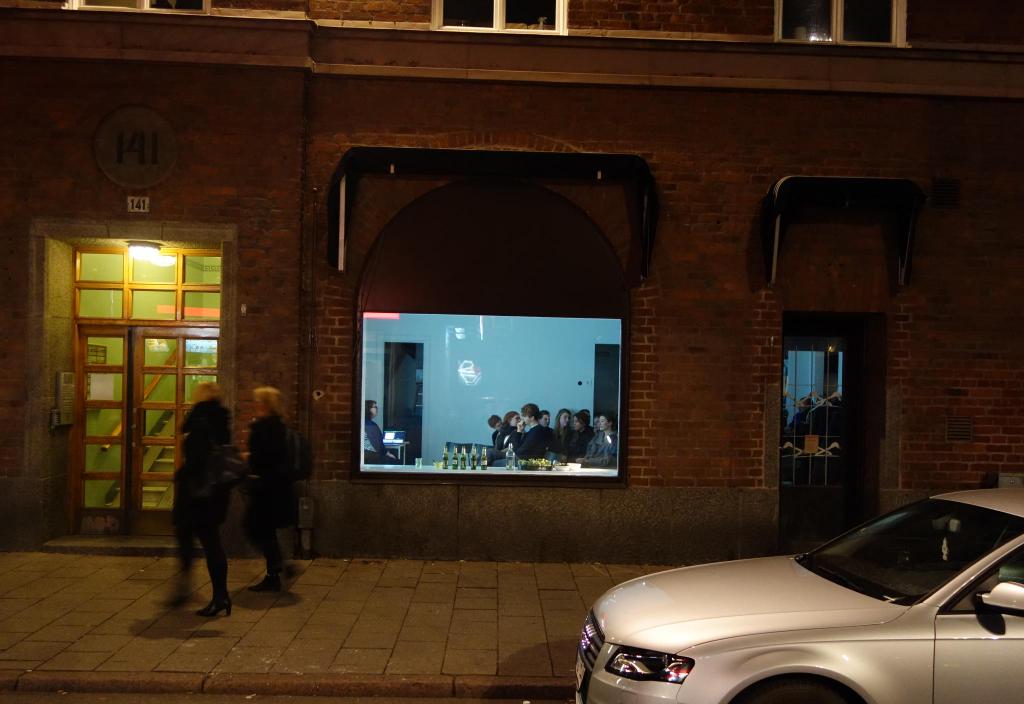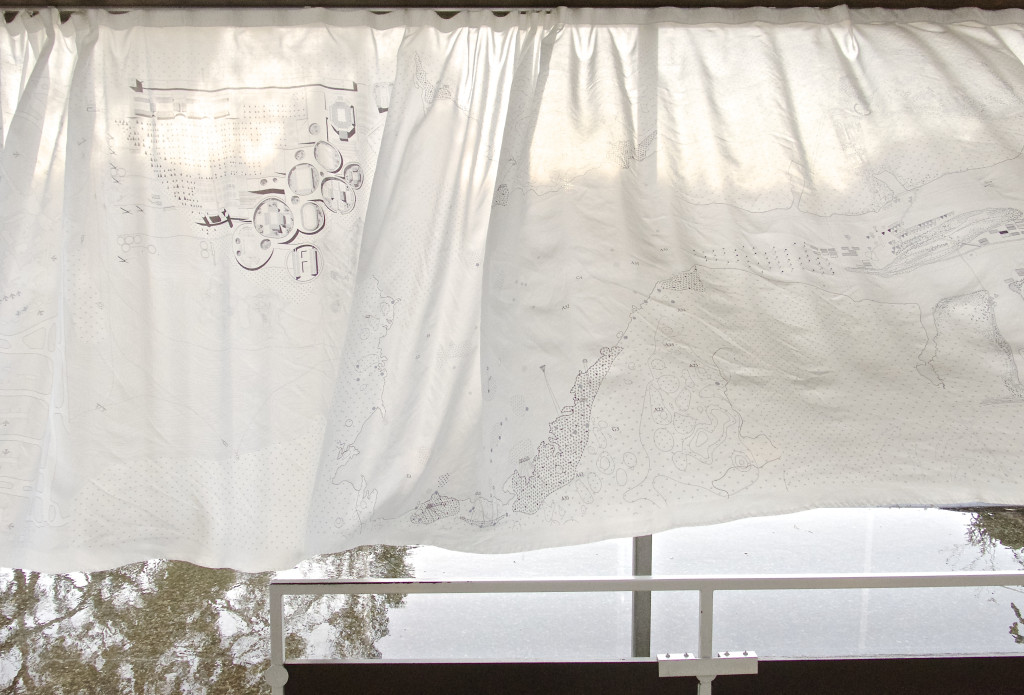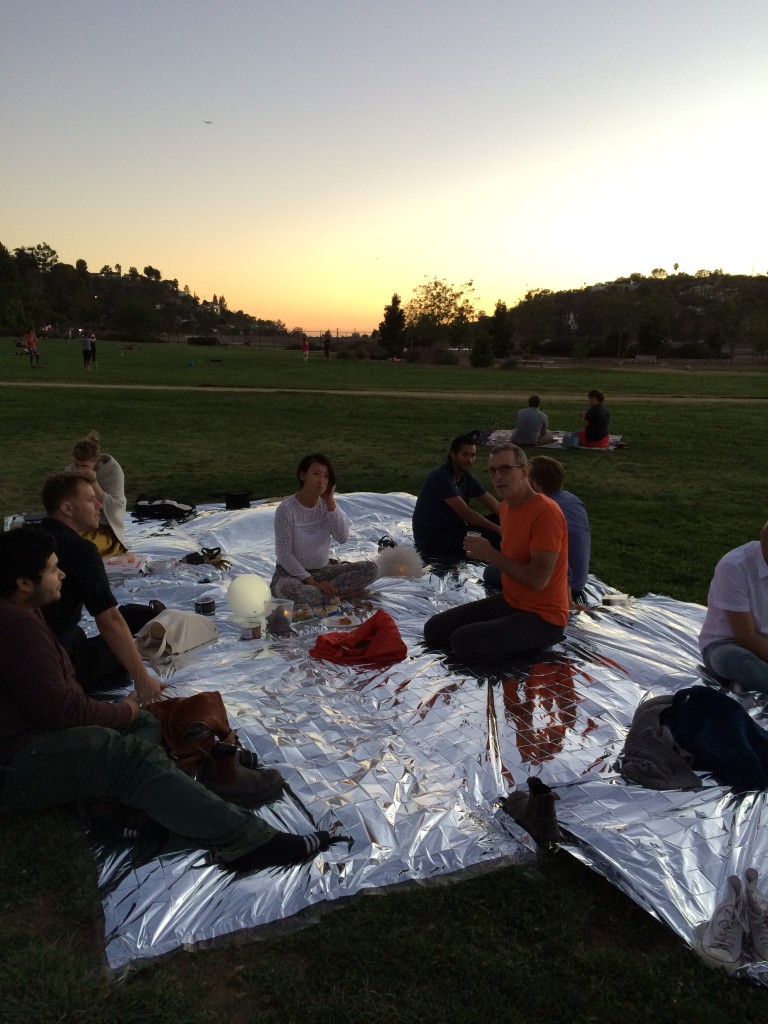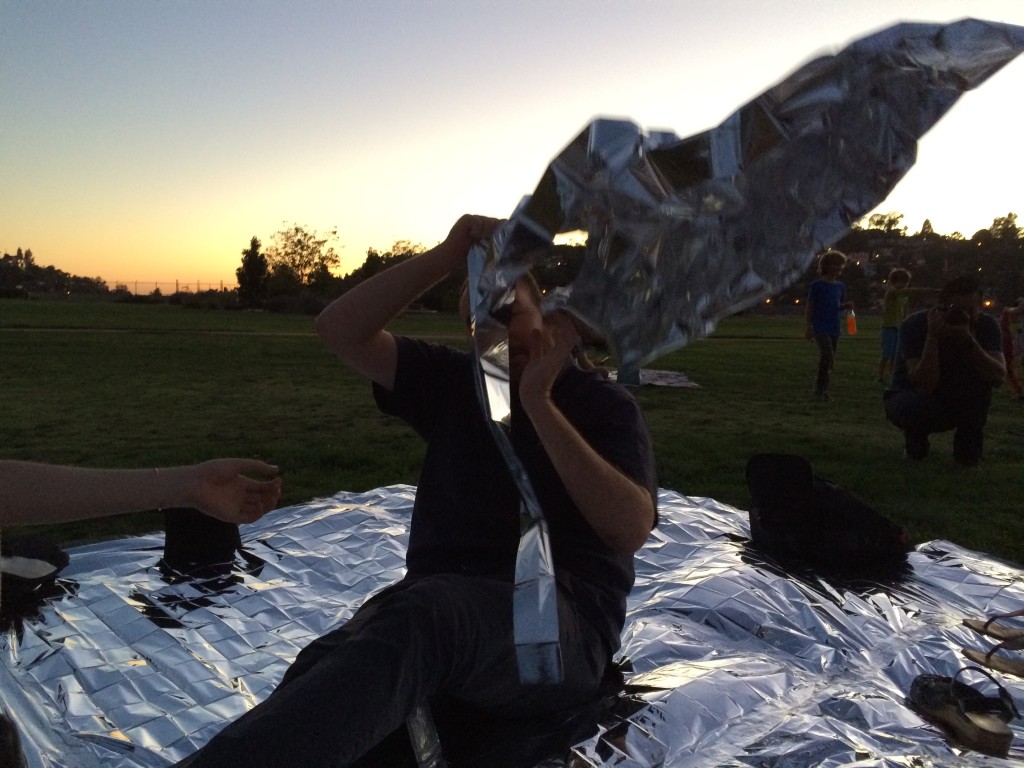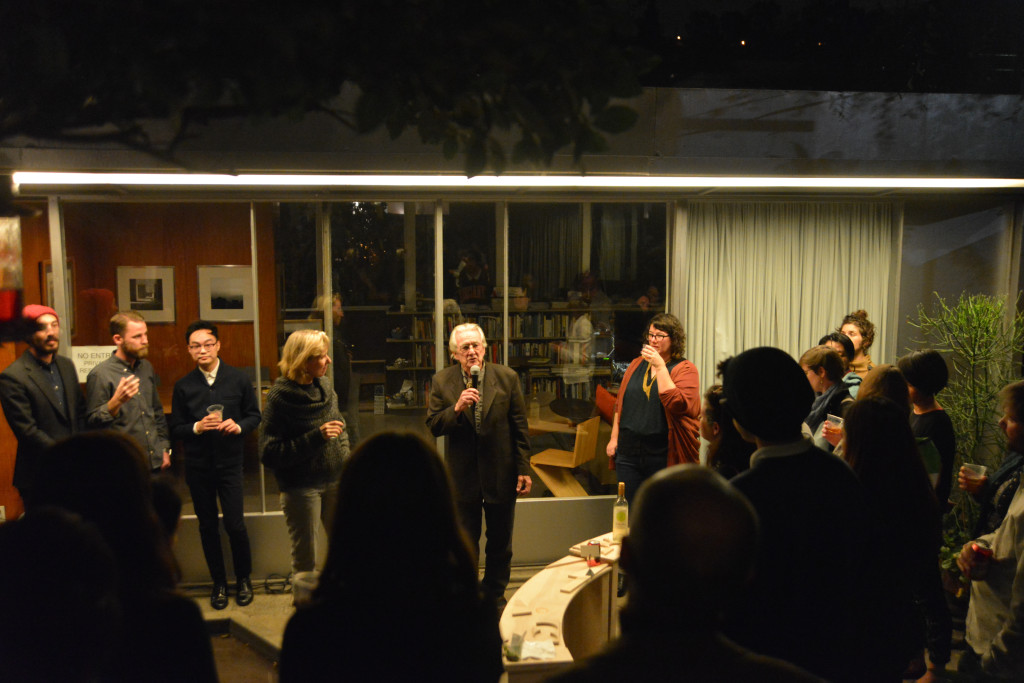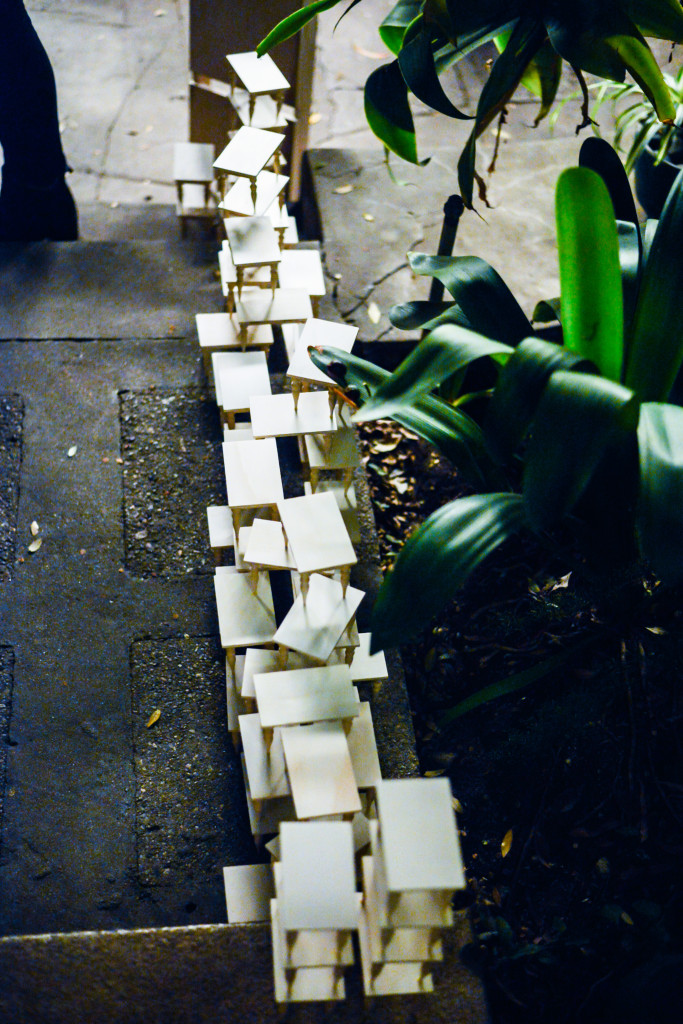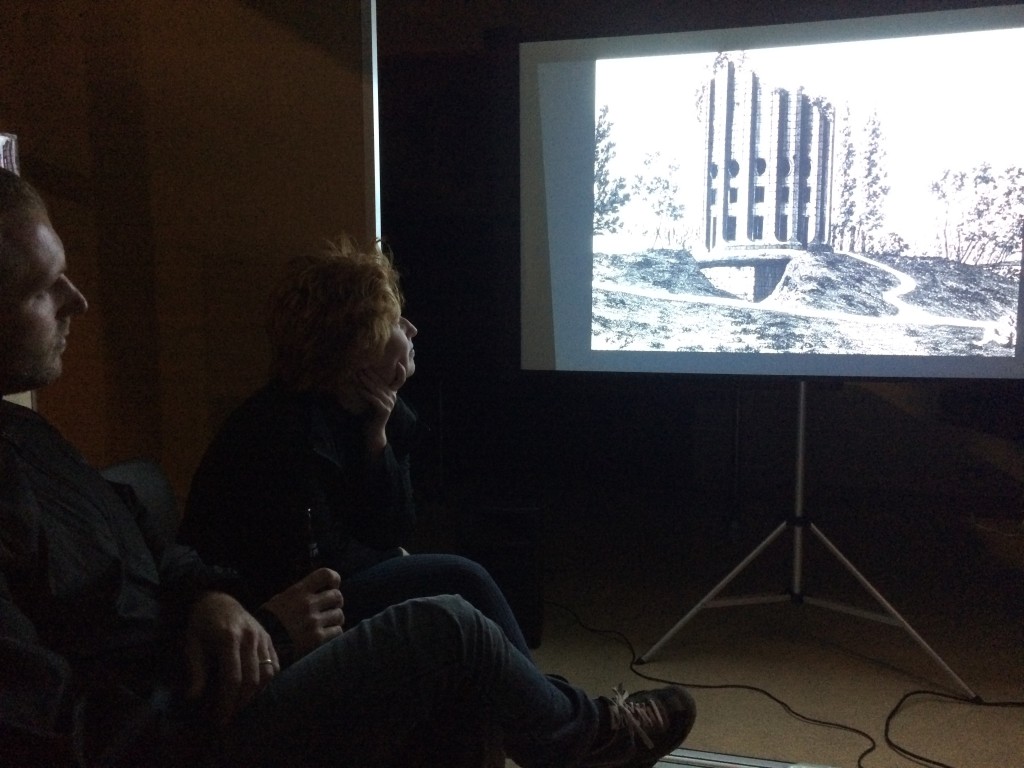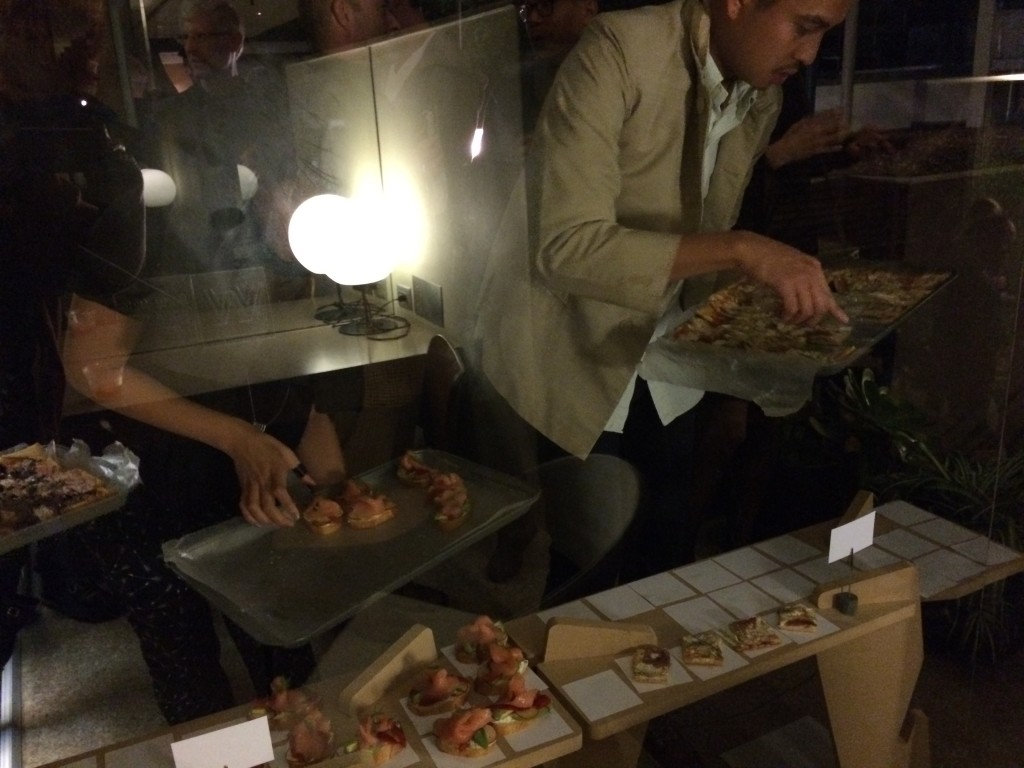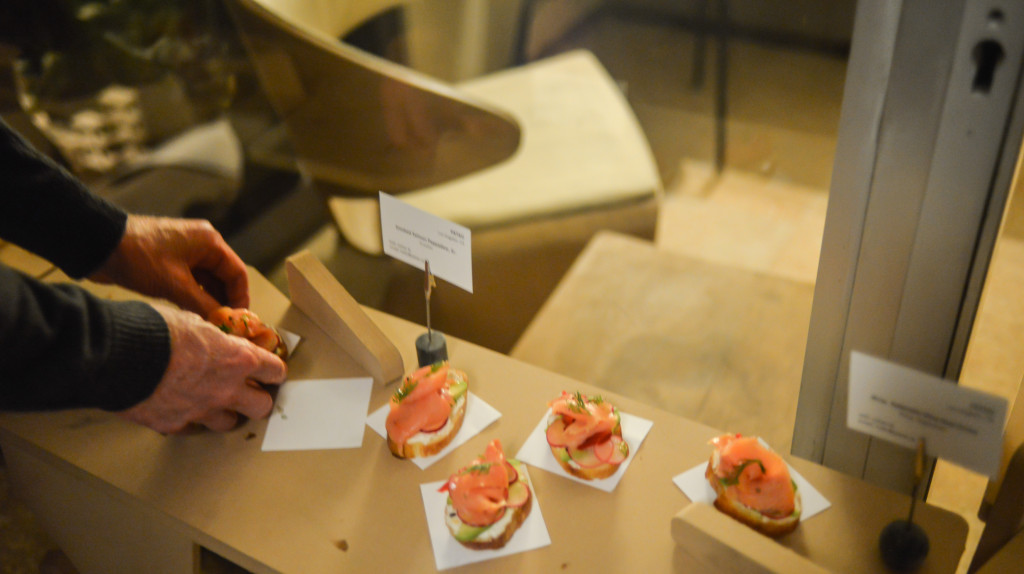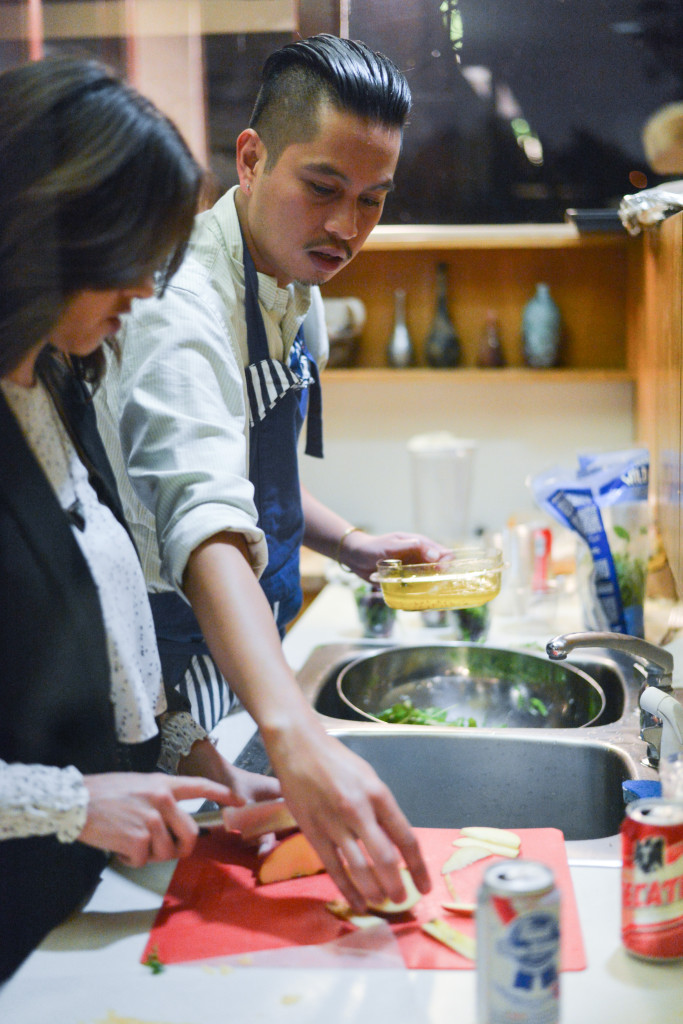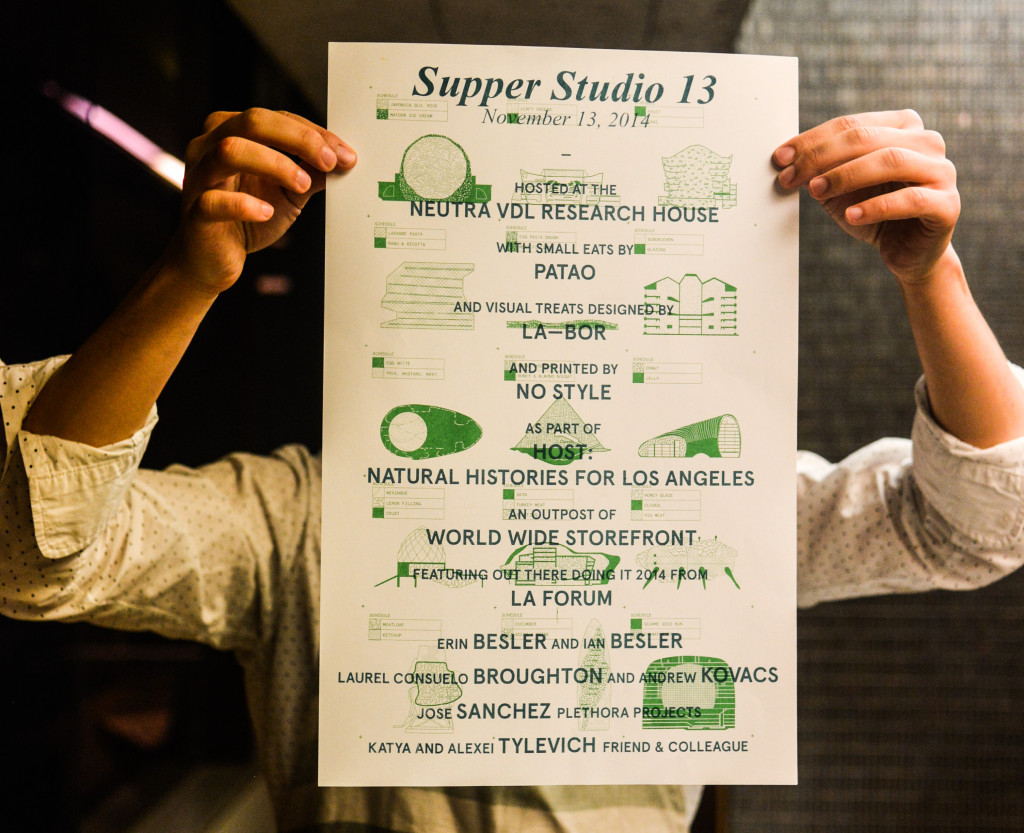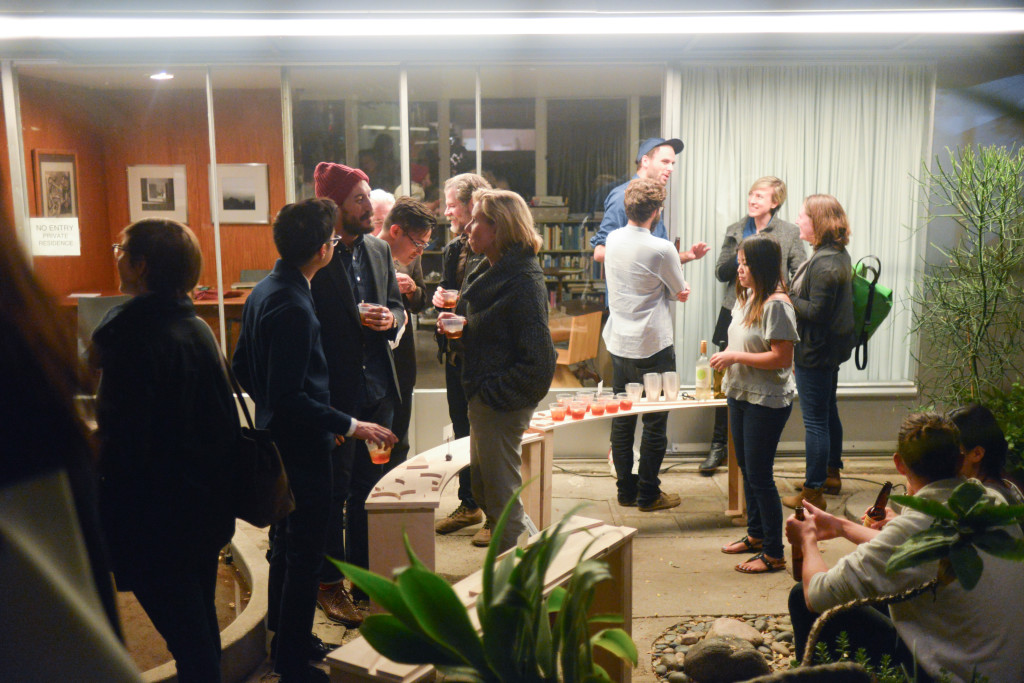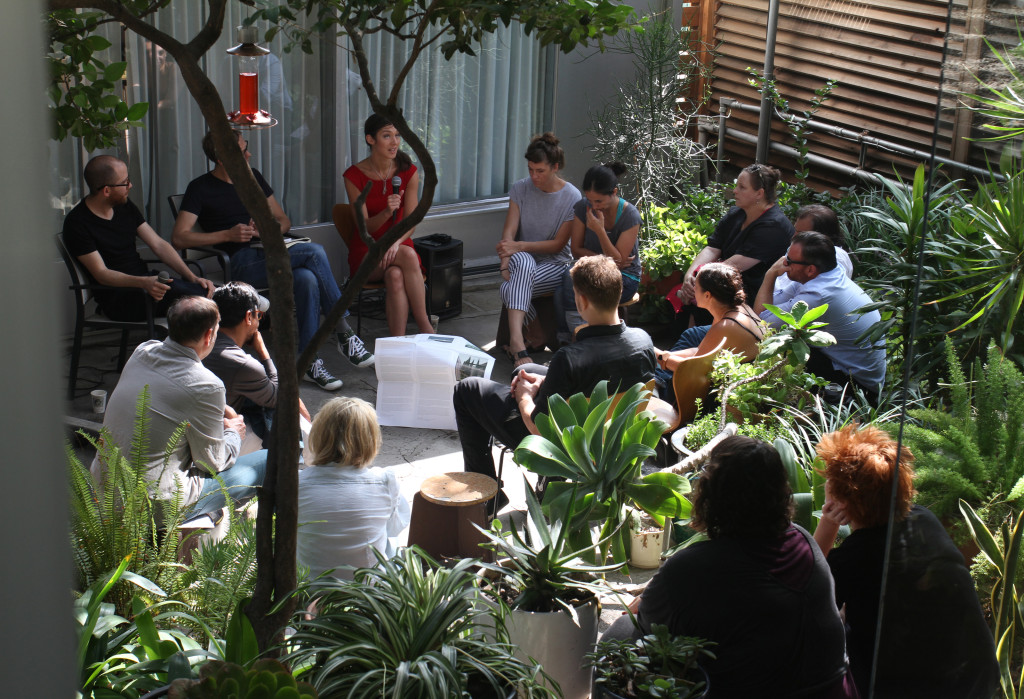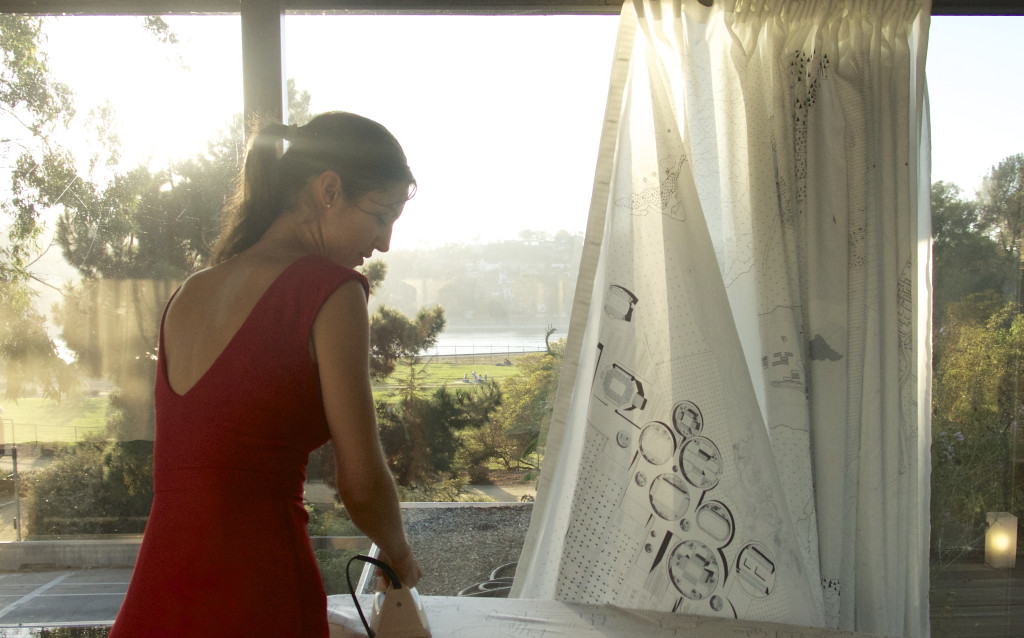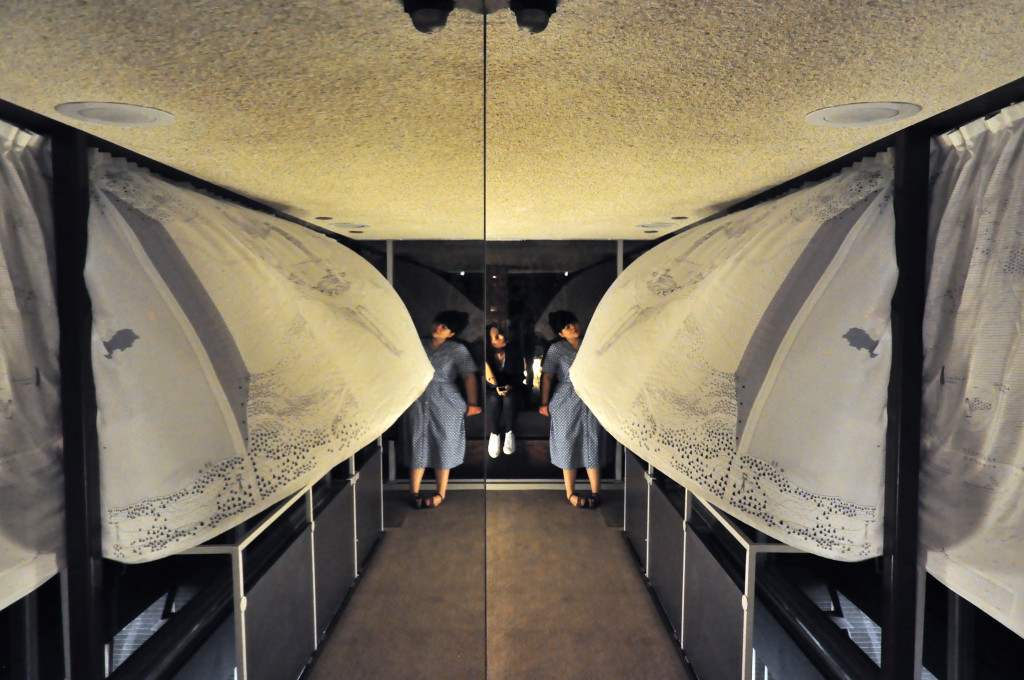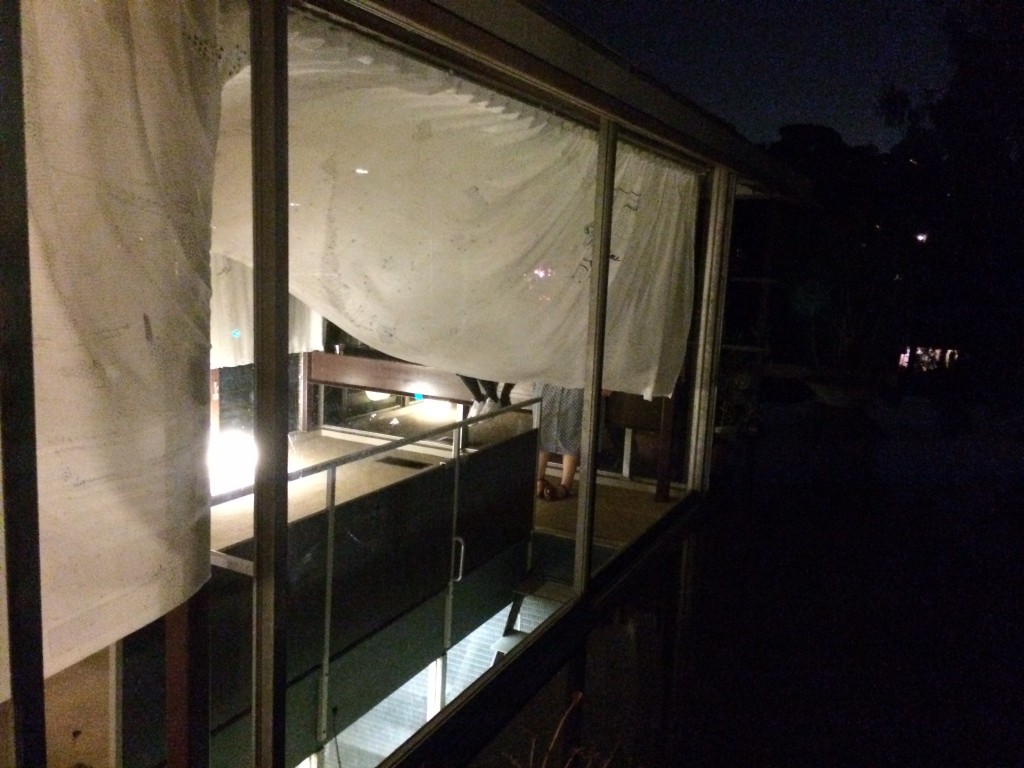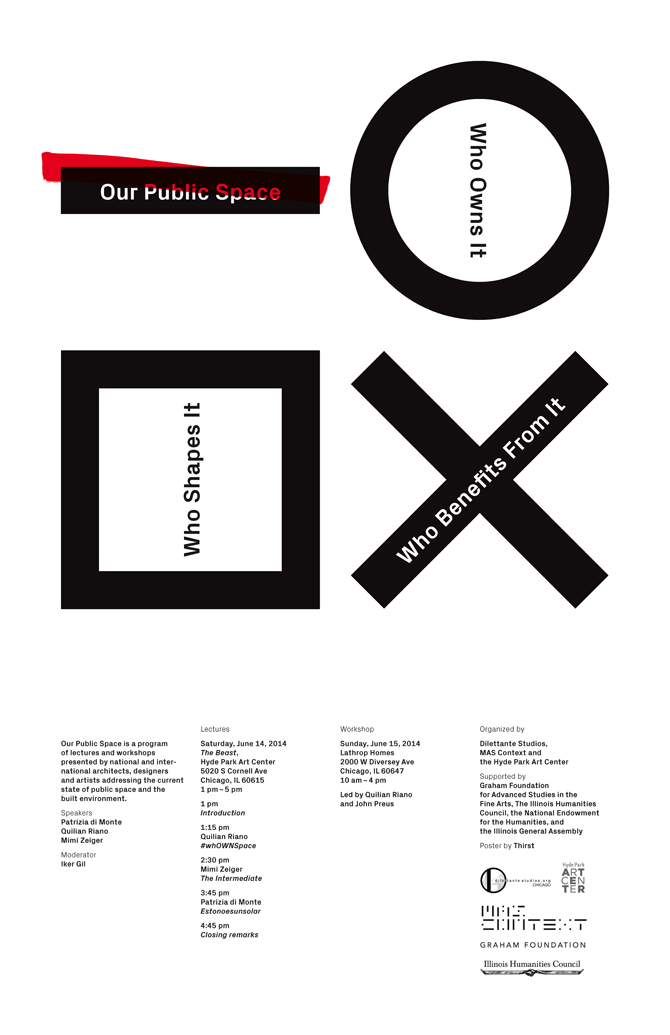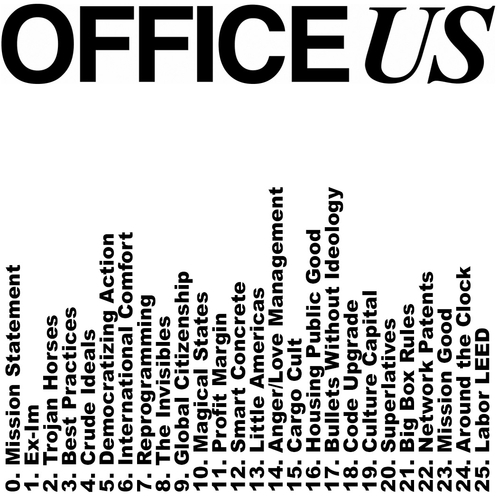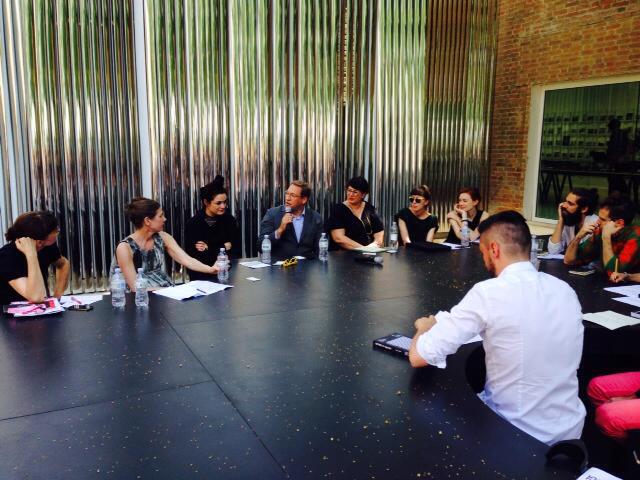Barbara Bestor (architect and executive director of the Woodbury University Julius Shulman Institute) moderates a panel on the critical and engaged eye that photographers bring to the built environment. In LA the human experience of space has undergone constant transformation and we will discuss the urban environment and its changing representations.
Moderator: Barbara Bestor: Architect and Executive Director of the Woodbury University Julius Shulman Institute
Panelists:
Frances Anderton: Producer, Writer & Host of DnA, Design & Architecture, KCRW
James Welling: Artist & Professor of Photography, UCLA Department of Art
Mimi Zeiger: Critic, Editor & Writer
Grant Mudford: Photographer
Gordon Baldwin: Independent Curator, Writer & Editor, Former Curator
Department of Photographs, Getty Museum
